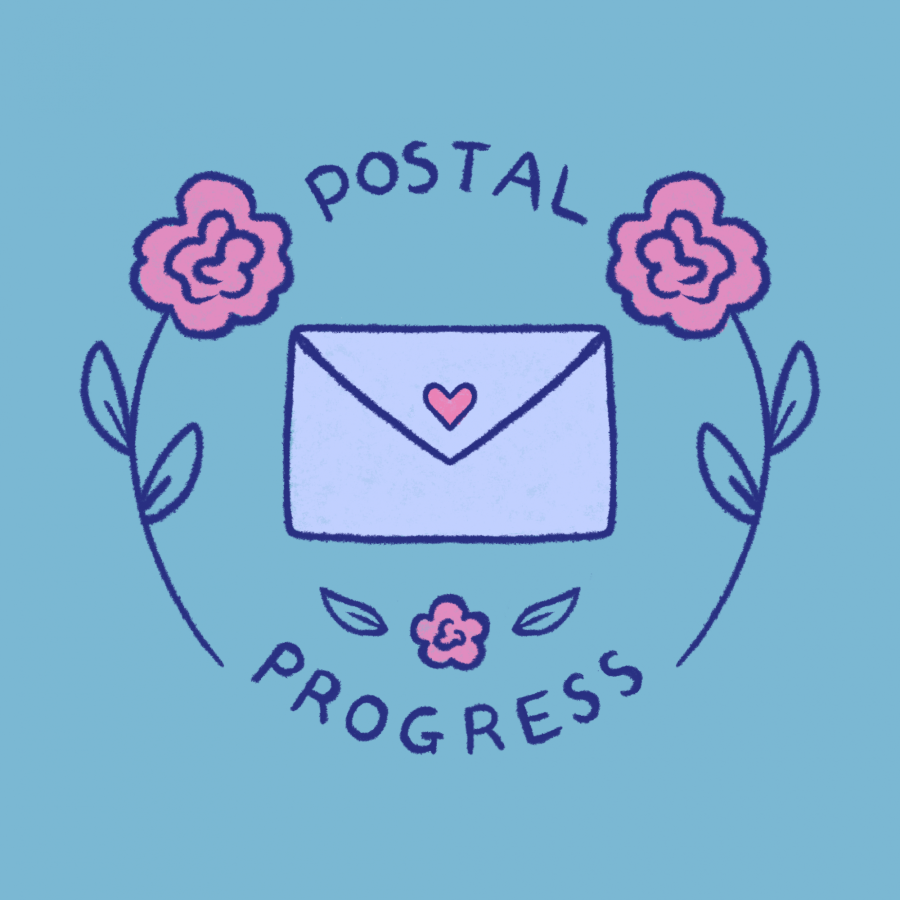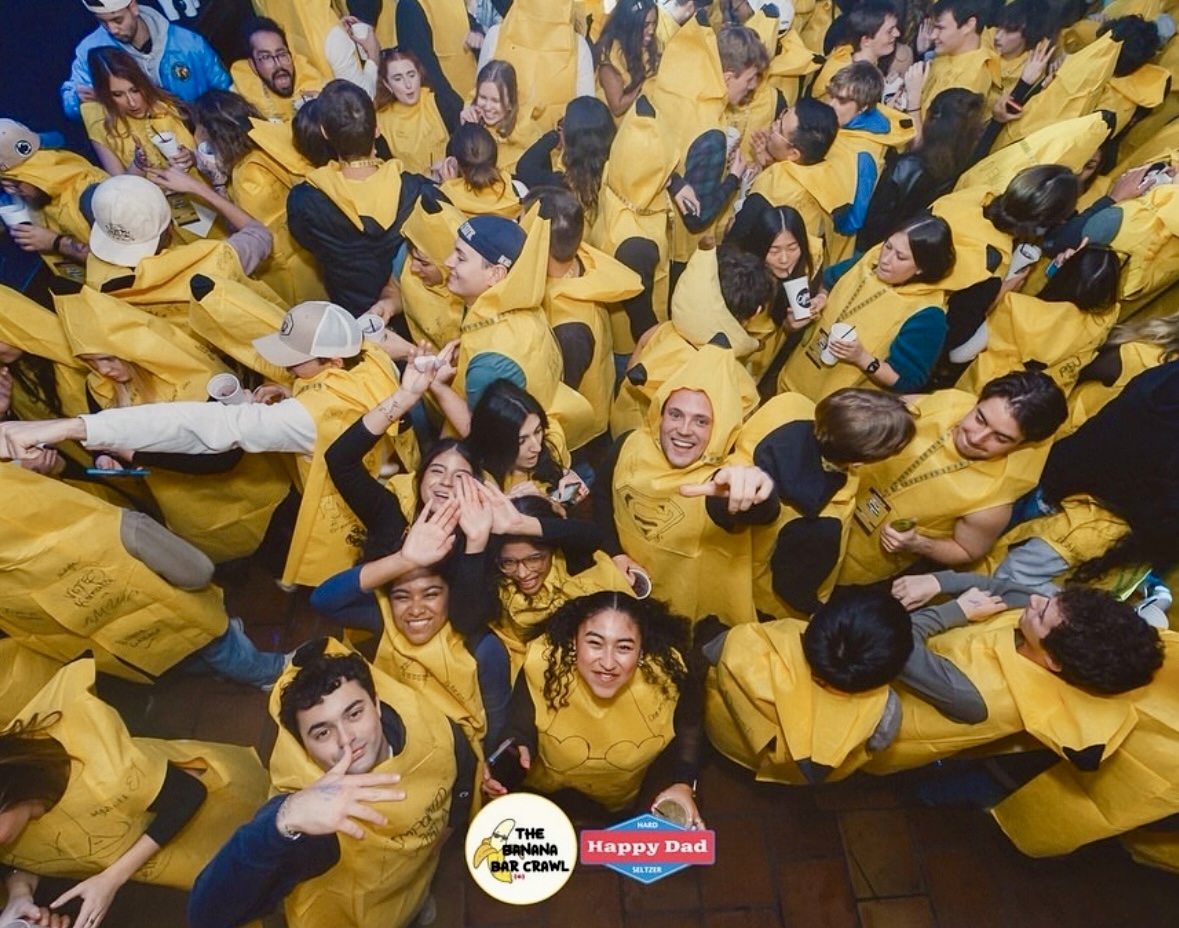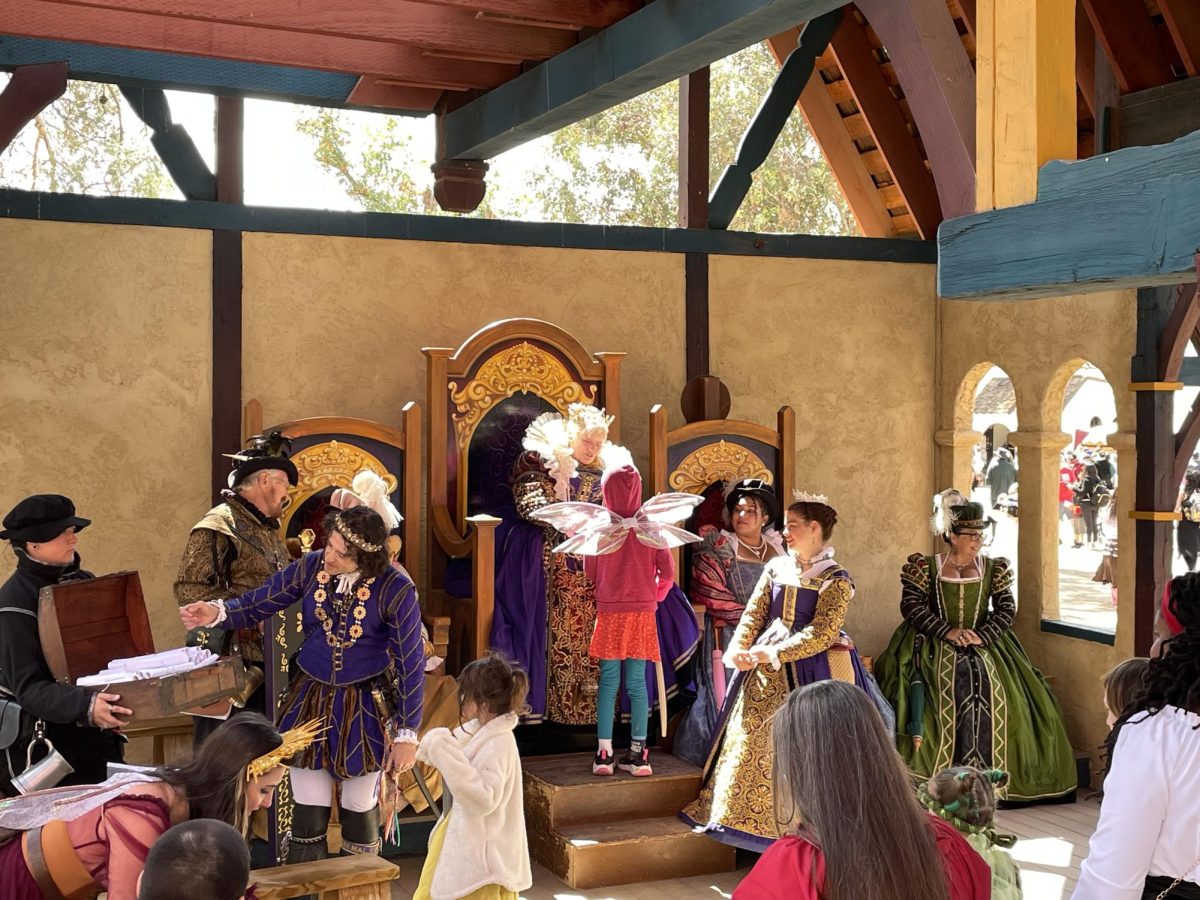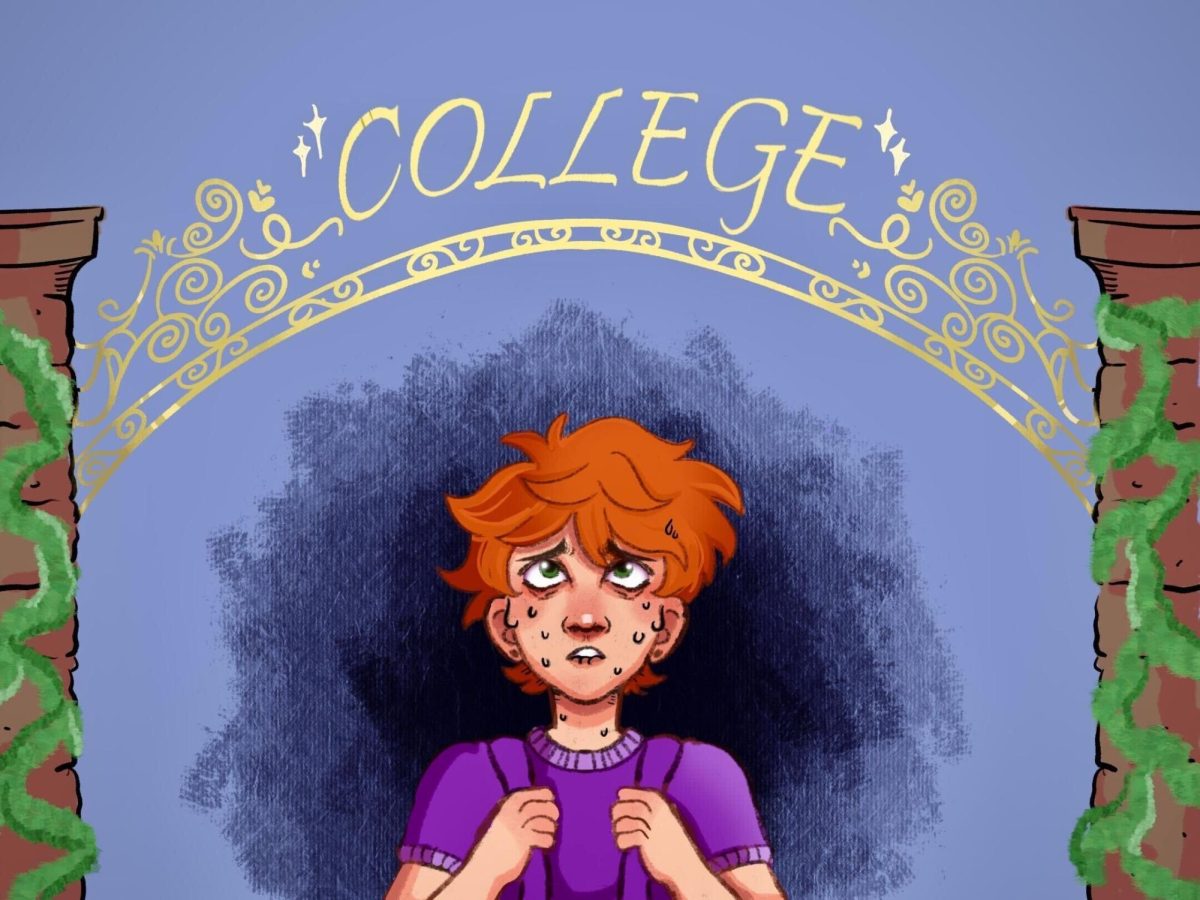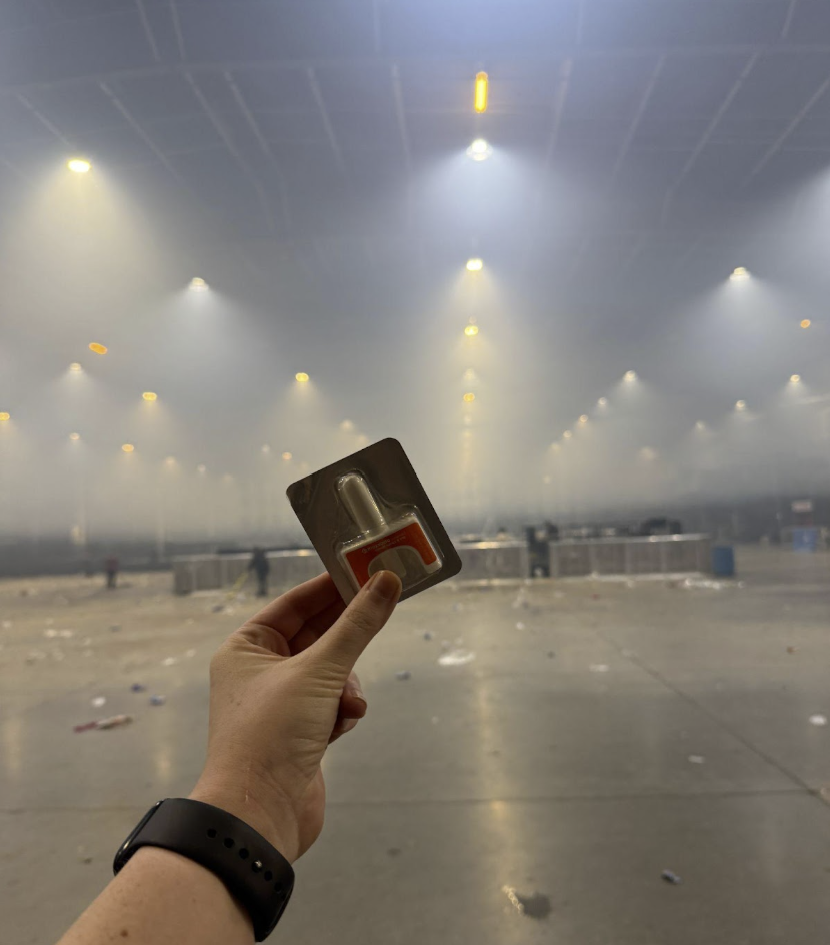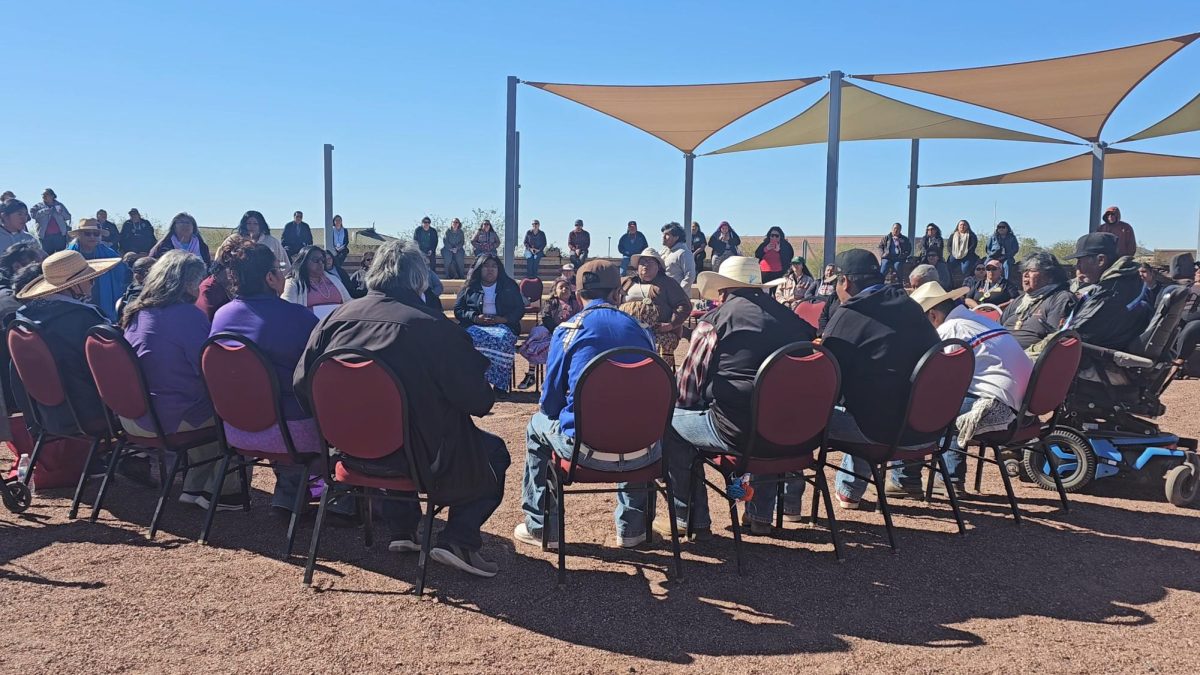Two current University of Arizona students and one recent UA graduate from the School of Fine Arts joined forces this summer to create a self-funded postcard organization known as Postal Progress whose mission is to fight for racial equity, one postcard at a time. The Daily Wildcat got the opportunity to interview Postal Progress on their work, goals and guiding principles.
Daily Wildcat: What is Postal Progress?
Postal Progress: We are a collective of artists who are allied to try and support racial equity and are based out of Tucson. We wanted to try and get together to do something that was more than what we could do as individuals in terms of supporting the cause in the face of all of the horrendous violence that has been going on forever. [Postal Progress] was sort of like, you know, we need to do something. We are a collective of artists who create these postcard designs and encourage people to donate money to Black Lives Matter and The Bail Project. It’s been wondrous to be able to do more as artists with what we know how to do.
RELATED: Amplified A Cappella voices creativity through performance, new EP
DW: Where did the inspiration for Postal Progress come from?
PP: We were also in class and we had been saying since class ended, which was around mid-May, what is a way for us to keep being motivated to keep making art in these isolating times? Our class was a mixed media class. We were making little books or cards and [we were like], “Why don’t we make cards that we can mail to each other?” We were in a big group chat with everyone from our class and [we asked], “Does anyone want to participate in making homemade cards to mail to each other for well wishes?” And then we talked about how we can mail [postcards] to nurses or health care workers. The three of us went off and then a couple weeks [had] gone by [and] the George Floyd murder happened. We were like, “Let’s take this to a different place. Let’s just not make cards for each other, why don’t we see if we can.” A lot of the things that were on social media were like your money is helpful like yes, activism, speak your mind, but like, kind of like put your money where your mouth is. Are you just going to talk about it? Are you going to, like, finally help decolonize and change systemic racism and put the money in the right places? So we’re like, “Let’s not collect any money. Let’s stay anonymous. Let’s just try and give people our art as a thank you and maybe encourage them to spend a little bit more money.”
DW: Tell me a little bit more about your decision to stay anonymous.
PP: That was luckily something that all three of us were on the same [page about] from the beginning. We have kind of also seen on social media, people [had been] making the points, like, “Listen white ally artists, it’s great, you’re making a statement, but do not use this and take advantage of it and use it as a platform to push yourself forward as an artist.” We are not the only people doing this, there are a lot of Black artists that are currently selling prints and art that are going to charity. If you can find them, support them. Our first goal was like — alright, we have this art lying around, so let’s add to it and also maybe reach [out to] people like our grandparents who have some money lying around where, we’re like, “Hey, like, we’ll give you art, but you have to donate to this charity.” Starting with people that know us. Hopefully we could get them to donate more money than maybe they would have [otherwise]. We do allow the artist to sign their art. You get the right to figure out who that artist is after you’ve made your donation, basically. If you’re like, “I really love this postcard, like, I want to support this artist,” that’s nice, but that’s not what we’re going for. But we’ll allow the person to do that by seeing what their name is. Some people have chosen to put their own social media handles on their postcard as well. And we’re okay with that. We just didn’t want to broadcast [our names] and we’ve never mentioned it on our social media.
DW: Why postcards?
PP: We were [already] going to send postcards to each other to give ourselves something to make and keep ourselves making art during the quarantine. But I think there’s something very personal about receiving something in the mail like a postcard where you can write on it yourself and send it to another person. I think that we sort of enjoyed the idea of intimacy of, you know, getting excited because, “Oh, I’m receiving something that was made by an artist in the mail and then I can forward that to friends and send them a message.” It’s about trying to build a small intimate moment of excitement and sharing [that] with your community.
RELATED: What experts say about mental health during times of social and political tension
DW: Do you view Postal Progress as a way to use art as a form of activism?
PP: At least for me, personally, I’ve always considered myself an activist. I have never really got to use art as a tool for my activism before. I’ve used my feet [physically] showing up in Congress. A lot. I’ve used my voice speaking on things, but right now, especially because of COVID, stuff like that’s on hold. I know personally, I didn’t feel safe going to a lot of different marches and demonstrations because of my own health. So I think also part of it was us thinking, what can we do right now from home and we’re all stuck. We can call Congress and we can write letters. But what’s another tool of activism we could use? And that’s when we thought of my art to make money for activism. Because also as college students and recent college grads, we know that there’s other people that we may know in life and family members that have more money lying around to give.
DW: When did you officially launch Postal Progress?
PP: We talked about it from May into mid June. Then on June 19 we launched our Instagram. We were collecting designs specifically from artists that we knew were passionate about racial inequity or getting to racial equity. We didn’t want this to just be any artists involved. It’s not about promoting yourself as an artist, we never mentioned the artists names on social media. The only time you’ll ever see the artist’s name is on the postcard. But other than that it’s not about the artists, it’s about doing what we can to help raise money. In the first week of July, we got the postcards printed. Starting July 7, we started taking orders to give them out and we printed 180 postcards and they only came out to 18 cents each. We chose to print from The Gloo Factory because they are a local union-owned print shop and they had been printing other stuff for the same type of cause. We wanted to be thoughtful about not only the artists of where this work is coming from, but how it’s physically printed. We wanted to put our money and we each paid like around $10 out of our own money [for a] total of $30 dollars and then selling them for $5 each and we could raise $900. We were like. “Let’s see if we can turn $10 of each of our money into $900 for charity.”
DW: How many donations have you had to date?
PP: So far we’ve raised $469 and we’re about 50% through our postcards, because our goal is to raise $900 with the ones we still have left.
DW: What is the process for receiving a postcard from Postal Progress?
PP: We ask people to go on to a website and make a donation. We have specifically mentioned Black Lives Matter and The Bail Project in our posts. If someone else has a different charity that fights for racial equity, like someone wants to donate to the NAACP, we say, “Sure, thank you.” We ask for a $15 minimum and then they forward us the email of their donation receipt or take a screenshot and send it to our Instagram @postalprogress or our Gmail postalprogress@gmail.com. If you donated $20, you would get an additional postcard because for every extra $5 you receive another postcard and we mail them all to you in an envelope. [You] get the postcards brand new. The great thing about Postal Progress, which we didn’t even have this in mind when we came up with the name and the mission, is that now not only can you support Black Lives Matter charities when you buy when you support Postal Progress, but you can help support USPS, which is in, you know, crisis right now. We’ll use a stamp to mail you your postcard and then you’ll use your own stamps to mail them out to people. We want it to be as simple as possible, like, you show us your donation [and get a postcard].
RELATED: New program brings largescale sculptures to Tucson streets
DW: What is the future of Postal Progress?
PP: We have thought about the future. I have a handful of designs I made that will be larger prints of Black female musicians. I’ve done Beyoncé, Lizzo, Aretha Franklin and Whitney Houston, just to name a few. I have those ready to get printed. They are all painted. That is part of our next step. We’ve also had artists from Tucson and Arizona that that aren’t necessarily students reach out to us from our Instagram and say, “Hey, I would love to donate artwork,” and we’re like, “Great, stay tuned. We will let you know [when] we’re collecting more art.” We have also talked about making this a club on campus. Hopefully this article creates awareness for other colleges, because even though all of our artists are within the School of Art, this is something [that might be of interest] to a lot of different majors. We have recruited people to write poetry, we have had people do photography, so we’re really open to the type of artists or people [who would] want to get involved. We’re all really open-minded. We don’t necessarily [think] if it does become a club that it has to stay within the School of Art. We would be happy to, like, I think, pass it off to people that are understanding of the mission.
DW: Any closing statements or final words to the UA community?
PP: On our first [Instagram] post, we said, “This is no time to be silent, we must keep the movement going and not rest until justice prevails.” Right now, you know, we’re focusing on Black Lives Matter and The Bail Project. But in the future, we’ve talked about local racial equity organizations. We are willing to take this on anywhere in the direction of racial equity. We are willing to keep printing postcards as long as people keep sending us proof of donation. The Gloo Factory is able to print them for us in only a couple of days. So we are all in Tucson, at least until we pass it off. Like, we’re willing to just keep sending these out because we are committed to this mission.
Postal Progress can be contacted through Instagram at @postalprogress or at postalprogress@gmail.com.
Follow Amaris Encinas on Twitter



